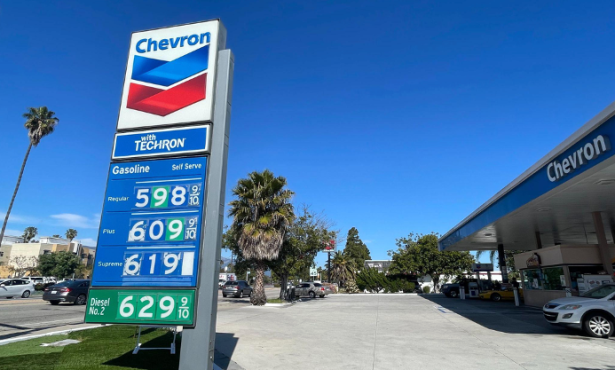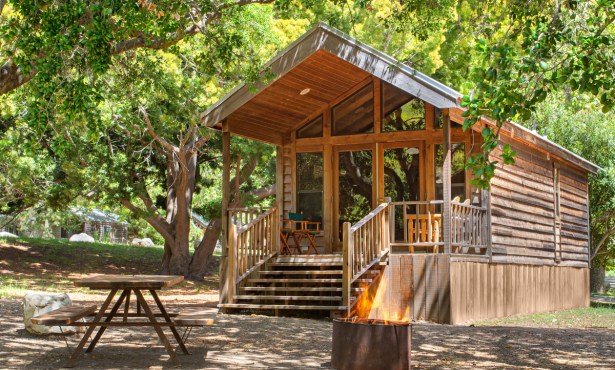Water Rates Rising, Lake Cachuma Dropping
County Considers Taking No Supplies From Reservoir Come October

For the first time ever, county managers are discussing plans to take absolutely no water out of Lake Cachuma beginning October 2015. In addition, they’re in talks to cut allocations for the rest of this year beyond the 55 percent reduction already in effect.
That’s because there’s only 9,000 acre-feet of water left in the dam for the six water agencies that will draw off of it between now and October. In a typical year, Cachuma delivers 25,000 acre-feet split among 225,00 South Coast customers. After October — barring torrential miracles — there will be nothing left.
“All the drops at Lake Cachuma are spoken for,” explained Tom Fayram of the County Water Agency. “There are no more drops to give out.” Joshua Haggmark, water czar for the City of Santa Barbara, commented, “I don’t think we’ve ever been here before. I’m not sure how you divide six into zero.”
That’s not to say Lake Cachuma is dry, or even close. In fact, it currently holds about 56,000 acre-feet of water. But more than 80 percent is already spoken for. Of that, 12,000 acre-feet make up something called “the dead pool,” the mucky dregs of the reservoir so muddy it can’t be purified. Another 12,000 acre-feet need to be released by contractual obligation to replenish the groundwater basins on which downstream property owners rely; 3,000 acre-feet will go to keeping steelhead trout alive; and 7,000 acre-feet will evaporate.
Fayram said at least two water agencies are talking about declaring a Stage III drought, meaning mandatory — not just voluntary — restrictions. He said the South Coast came close to this precipice during the drought of the late 1980s. But the “Miracle March” rains intervened.
In the meantime, water agencies are buying as much water from Kern County as they can; the City of Santa Barbara is getting 4,500 acre-feet. State water deliveries have increased, from 5 percent of contractual allocations last year to 20 percent this year. And Santa Barbara is taking steps to reactivate the desalination plant it built 24 years ago.
To reactivate the plant will cost City Hall $42 million. To cover that nut, the council approved plans to increase water and sewer rates that could cost the average residential customer as much as $32 more a month.
Avocado ranchers will experience a 56 percent rate hike, from $1.56 per hundred cubic feet to $2.43. They showed up to Tuesday’s council meeting in force, demanding relief. The new rates, they said, will kill their business. Avocado orchards, they stated, provided a crucial safety buffer during the three major fires that raged throughout the South Coast in recent years. The growers’ arguments elicited strong sympathy from every councilmember but got no traction.
Under the state’s intricate rules governing municipal water pricing, City Hall cannot charge the growers anything less than the actual cost of providing it. When the city had cheap water from the Gibraltar Reservoir and Lake Cachuma, it would sell it to the growers for rock-bottom rates. But with those sources drying up, there’s no cheap water left. City Attorney Ariel Calonne said the city would be vulnerable to legal challenge if it did as the growers asked.
Environmental activists opposed to desalination also attacked the new water rates. Some object because the desal technology poses a hazard to aquatic life near the intake pipes; others stated the energy-intensive technology will expand the city’s carbon footprint. Many argued City Hall never gave conservation the chance it deserved.
Santa Barbara has set a conservation target of 20 percent, rather than the 40 percent some environmentalists had urged. Compared to February 2013, consumption levels are down 19 percent. In the meantime, the city launched its latest conservation campaign, dubbed “Mulch Madness.” Mulch reduces the rate of water evaporation from the soil and increases permeability into the soil. City Hall offers two free truckloads of mulch to any water customers a year.



